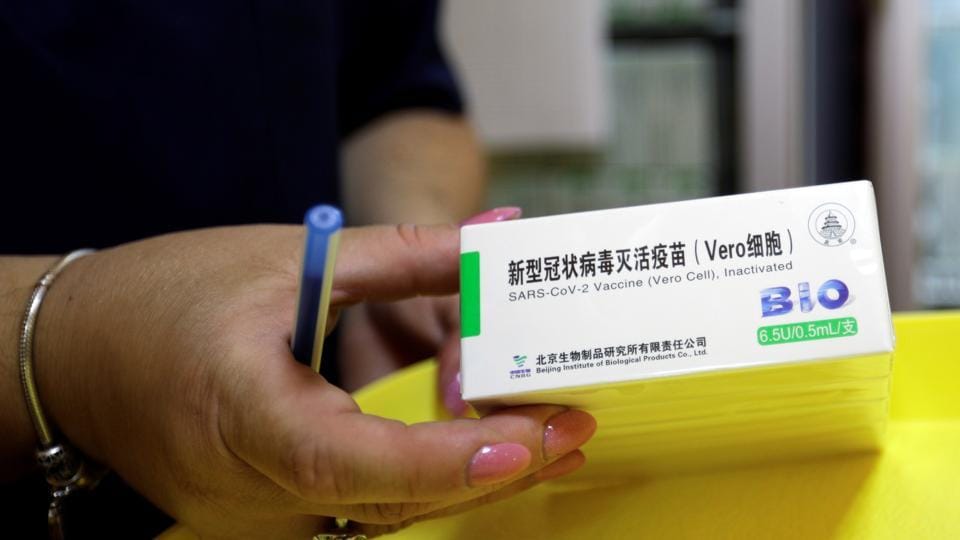A recently published review of the Covid vaccine Sinopharm showed that a fourth jab may not produce an additional increase in antibodies against the Omicron variant of the coronavirus behind the current pandemic.
Discovered in South Africa only last November, the variant, which spreads more easily than the Delta variant that was dominant in many countries in 2021, quickly overtook Delta all over the globe in its pace of spread.
Omicron has now become the dominant variant in at least 18 countries around the world and is responsible for more than 35 per cent of new Covid cases checked for genetic sequencing.
And while Omicron has caused less serious illness than the Delta variant, it still poses a significant threat to many, especially among the unvaccinated.
Furthermore, there is a new sub-variant of Omicron, known as BA.2, that is proving to be even more contagious than the original and has caused reinfection among those who’ve already had Covid-19.
Booster jabs from vaccines produced using mRNA technology, such as Pfizer/BioNTech’s Comirnaty and Moderna’s Spikevax, have shown significant protection against the Omicron variant.
China-produced vaccines Sinopharm and Sinovac use inactivated viral particles in order to expose immune systems to the virus without the risk of serious disease.
But a study published on Feb 22 says that repeated jabs from Sinopharm may not provide effective protection against the Omicron variant.
The study also said that the antibodies produced by a third (booster) shot, Sinopharm showed a sharp decrease after six months, while a fourth jab did not show added protection against Omicron.
The study, which is based in China and funded by public research centre Sun Yan Sen University in Guangzhou, among others, said that an mRNA vaccine that is based on the genetic information of variants of concern may be a better choice of a booster jab, Reuters reported.
Researchers studied the antibody levels of 38 healthcare workers in China who had been given a Sinopharm booster after having completed the first two doses five months prior to the third jab.
A fourth dose was then administered to the healthcare workers six months later.
The study showed that at around 26 weeks after the third Sinopharm jab, the level of antibodies neutralising the Omicron variant decreased 53 per cent in comparison to levels taken two weeks after the third jab.
The fourth jab resulted in no significant increase in the neutralizing antibody level against Omicron. /TISG

